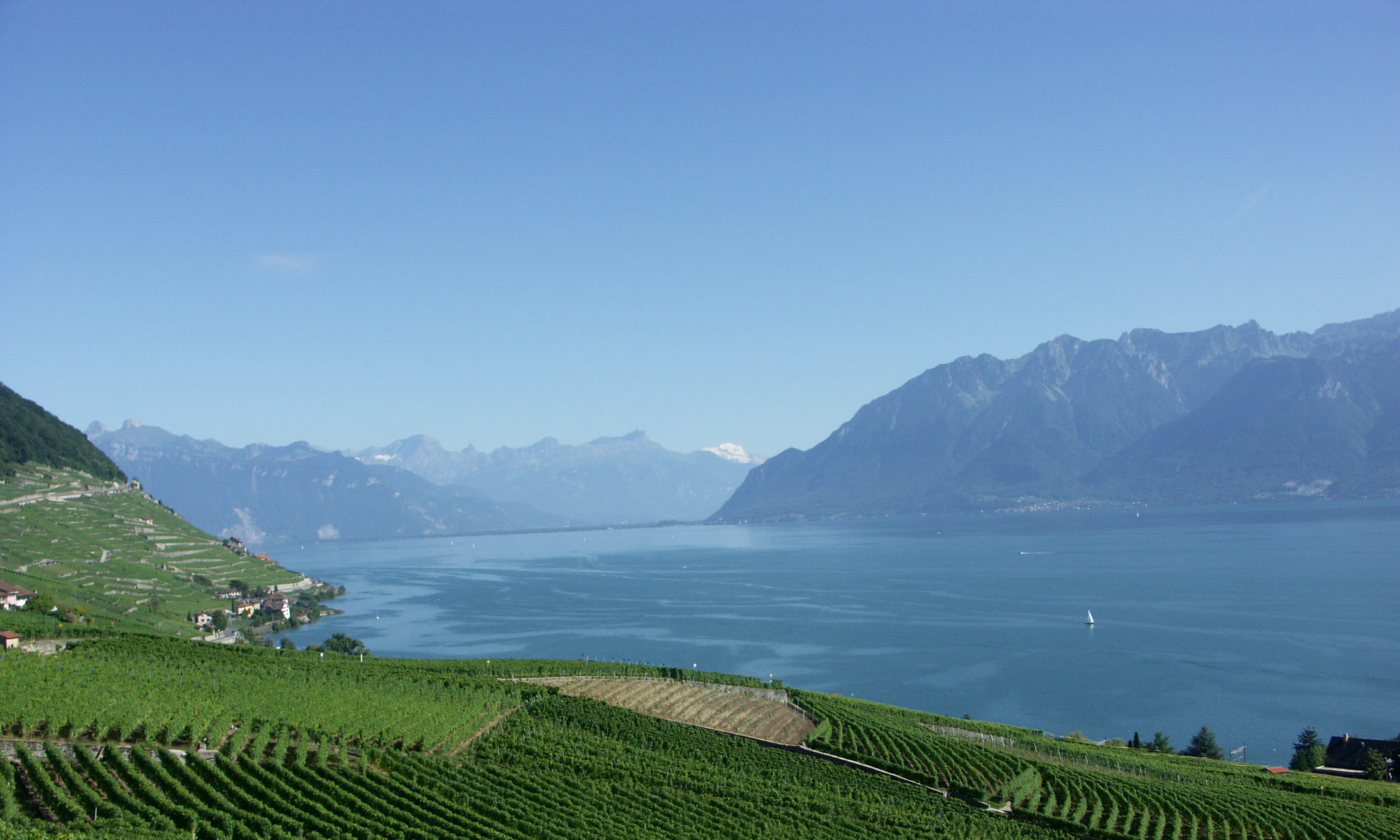To reply to this question use the “Leave a reply” box/field at the bottom of this page.
27 Replies to “Question 6: What are the key fora (for example: expert groups, Regional Association, Technical Commissions, Executive Council/Congress) through which your organization currently engages, or would like to engage, with WMO in the field of operational hydrology?”
Comments are closed.


Seguir con los Foros Colaborativos y de intercambio de información.
Formar comisiones con integrantes tanto del ámbito publico, privados y profesionales que se dedican a la docencia, investigación o resolución de problemas.
Y por ultimo, poder llegar al Gobierno, a tomadores de decisiones y formar comisiones con ellas también y ver que lo hablado y discutido e intercambiado, sea aplicado.
We are involved with WMO expert groups on climate observations , Disasters, Regional Association on Water management , Technical Commissions,on observation jcomm etc and WMO climate Congress through which our organization .
We would like to engage, with WMO in the field of operational hydrology, Drought and extreme events .
In technical commision and expert groups of WMO , there should be a participatory process adopted through equal participation from the affected regions .
WMO services should be made available for the LDCs and countries in transition.
Par les Commissions Techniques, et particulièrement par la Commission d’Hydrologie. Malheureusement, elle n’est pas une instance décisionnelle. Il est souhaitable que soient créés des équivalents de PR réservés aux Hydrologues qui pourraient mieux s’investir auprès de l’OMM des questions relatives à l’hydrologie opérationnelle.
All efforts to increase the effectiveness of WMO to better reach the goals of the WMO strategic plan while further working towards highest levels of service delivery for the benefit of Members.
In this regard, I support the EC-70 recommendations to
– reduce WMO’s Technical Commissions from presently eight to two, namely a Commission for Observation, Infrastructure and Information System (COIIS) and a Commission for Weather, Climate and Water Services and Applications (CSA),
– establish a Research Board for coordinating the research activities in WMO and those with partner organizations,
– establish the Technical Coordination Committee for coordinating the activities of the Technical Commissions and their cooperation with the Regional Associations, and the Policy Advisory Committee and independent Scientific Advisory Panel.
– establish an additional and independent Scientific Advisory Panel of independent experts and a Research Board seems to be helpful but it must be ensured that forward looking strategic hydrological advice on emerging challenges and opportunities is sufficiently incorporated. Against this background I support the idea to implement hydrological focal points who will get a stronger voice to report to the congress.
I expect the full engagement of National Hydrological Services together with the academic (and to a certain extent with the private sector) in discussions, activities and program development to provide Hydrology and Water Resources a prominent status in the constituent bodies of WMO. This needed cooperation is not possible with the current inflexible framework of the existing Technical Commissions and therefore a major goal of the proposed “Constituent Bodies Reform”.
I welcome that the intended new Research Board is open for representatives of steering groups of important research programs from WMO and partnering organizations in the UN system.
I welcome the strengthening of the coordination of the work of the Technical Commissions with the Regional Associations by the new Technical Coordination Committee. It is also necessary that the future relation of the new Commissions with regard to the Regional Associations is made more transparent.
Recognizing the overall important role of WMO as the authoritative voice on water on all scales and therein the role of the National Hydrological Services, the status of hydrology needs to be firmly anchored in all constituent bodies of WMO including its Strategic and Financial Plans and across disciplines.
Against this background the proposals for the WMO constituent Body Reform (CBR) are a great opportunity to act in the future much more flexible and effective together with experts from the science, private sector and other UN organisations to tackle the global challenges (e.g. climate change, disaster management, migration) and the needed common methods, instruments and knowledge on national level. Because of the imortant meaning of hydrology I cannot share doubts that the proposed CBR is of disadvantage for hydrology.